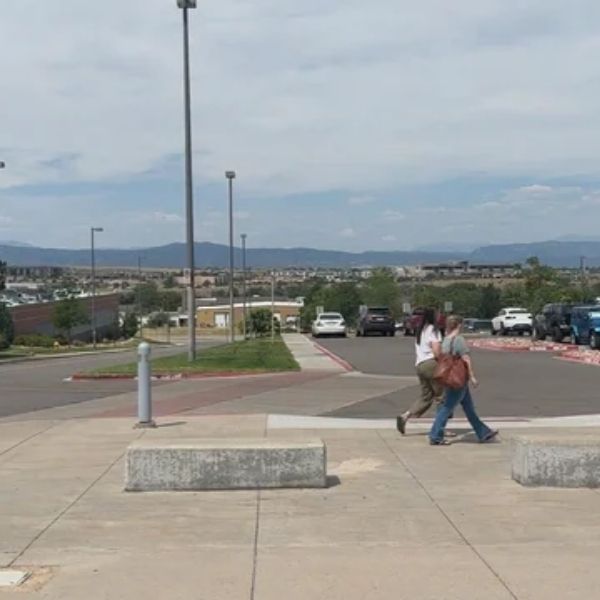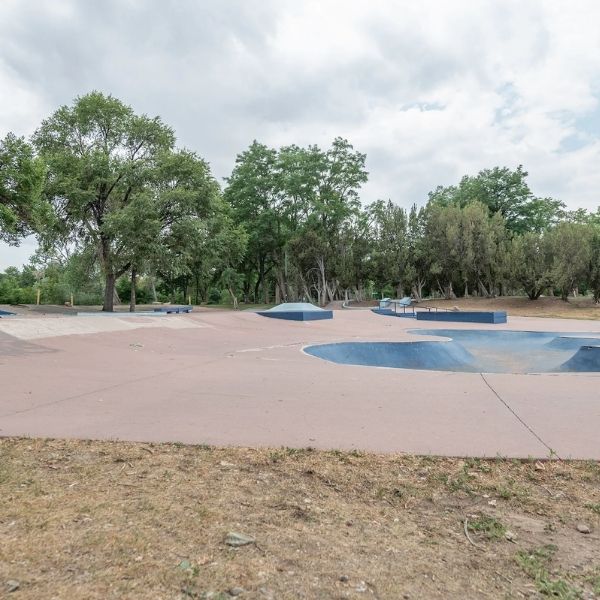A new bipartisan law aims to remove barriers for aspiring educators as Colorado school districts prepare for a new academic year.
Signed by Gov. Jared Polis on May 9, Senate Bill 25-154 — the Access to Educator Pathways law — took effect Wednesday. It streamlines the licensing process in high-need areas such as early childhood education, special education, bilingual education, and secondary math and science, many of which are still struggling to fill vacancies just days before classes begin.
“Many districts across Colorado are still actively trying to fill educator vacancies,” said Margarita Tovar, chief talent officer for the Colorado Department of Education. “We always see that need extend throughout the beginning of the school year.”
At the start of the 2024-25 school year, Colorado still had nearly 2,800 teaching-related positions to fill. While most were covered by long-term substitutes, retirees, or alternative candidates, almost 600 roles — including special service providers and paraprofessionals — remained vacant. Three schools started the year without a principal.
Although shortages have eased compared with the previous school year, rural and Western Slope districts continue to face more severe staffing gaps than urban areas.
Aspiring teachers often face hurdles such as high testing costs, limited time, and lack of access to courses and resources. The new law cuts the number of required certification exams, reducing both costs and timelines.
“Some of our individual subtests can range between $64 to $160,” Tovar said. “Elementary teachers had to take five subtests that added up quickly, in addition to the licensing fee. This law certainly reduces the barrier.”
Retaining and Recruiting Teachers
The law complements the Educator Recruitment and Retention program, created under Senate Bill 21-285, which offers up to $10,000 in financial assistance for educator preparation fees. In return, participants commit to teaching in shortage areas for at least three years.
Since its 2022 launch, more than 2,000 future teachers have benefited from the program, according to Colorado Education Commissioner Susana Córdova.
“While Senate Bill 154 works on reducing testing barriers and lowering licensure costs, together these initiatives address both access and affordability,” Tovar said, noting they particularly help first-generation college students, multilingual educators, and career changers.
The programs also benefit current teachers seeking additional endorsements.
Tovar said the bill’s elimination of the science and social studies subtest for elementary licensure will save candidates both time and money, removing a common deterrent in the licensing process.
The Department of Education is updating its licensure systems to handle applications under the new requirements by fall. Support from its testing partner now includes targeted content review modules, allowing candidates who fall short on certain sections to focus only on what they need, avoiding full exam retakes and extra fees.
“These changes are already helping future license holders and will continue strengthening the teacher pipeline for years to come,” Tovar said. “They’re a step toward a more accessible licensure process.”
This article has been carefully fact-checked by our editorial team to ensure accuracy and eliminate any misleading information. We are committed to maintaining the highest standards of integrity in our content.

Katie is a senior who has been on staff for three years. Her favorite type of stories to write is reviews and features. Katie’s favorite ice cream flavor is strawberry.















Leave a Reply